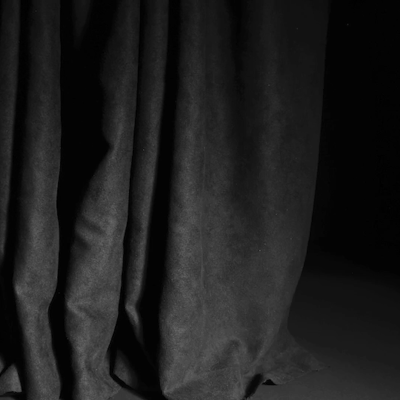EKO 8 artists
EKO 8, International Triennial of Art and Environment / A Letter to the Future
Former MTT factory
Maribor / Melje
May 21 − 18 July 2021
In 2021, the Maribor Art Gallery is re-launching the International Triennial of Art and Environment in its eighth edition. The artistic director of EKO 8, Alessandro Vincentelli, an independent curator from the UK, titled the revised edition of the triennial A Letter to the Future. The exhibition will present the collected visions of more than 30 international and Slovenian artists dedicated to the central theme of the letter on the premises of the former MTT factory in Melje. In the face of the uncertainties created by the global pandemic, and in the new and enhanced need to recognize signs and learn from history, the EKO 8 Triennial will be designed as a barometer of change.
Artists: Allora & Calzadilla, Lucien Anderson, Manca Bajec, Maxime Berthou & Mark Požlep, James Bridle & Navine G. Khan-Dossos, Kara Chin, Jasmina Cibic, Marcus Coates, William Cobbing, Vadim Fiškin, Laura Harrington, Stane Jagodič, Mikhail Karikis, Janja Kosi, Harley Kuyck-Cohen, Polonca Lovšin, Yoko Ono, Antonis Pittas, Marjetica Potrč, Mako Sajko, ScanLAB Projects, Nina Slejko Blom & Conny Blom, Danae Stratou, Emilija Škarnulytė, Marko Tadić, Jimmy Turrell, Chris Watson
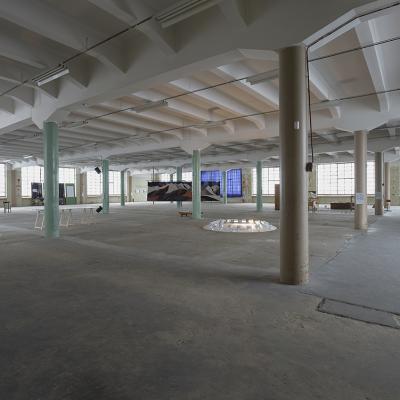
Installation view EKO 8
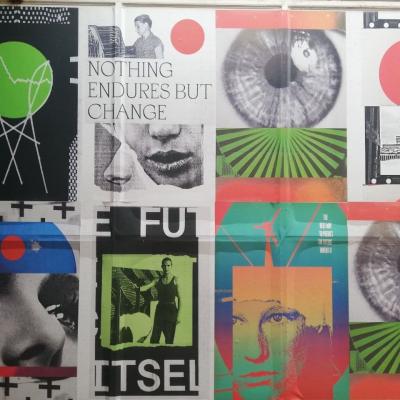
JIMMY TURRELL / Visions of Legacy, 2021
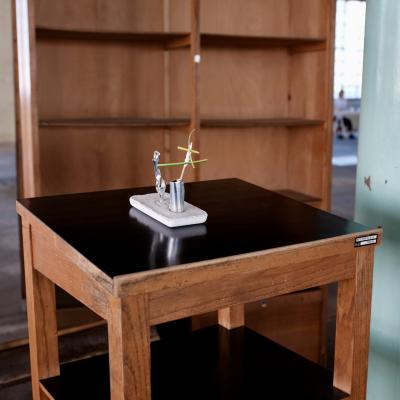
MARKO TADIĆ / Manuals of Sensemaking
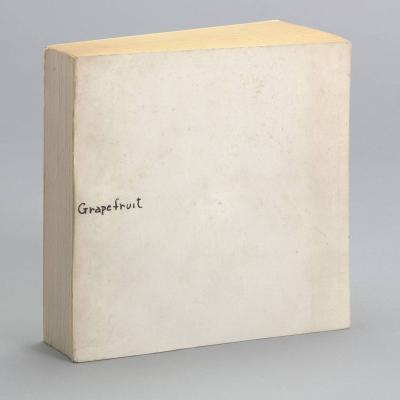
YOKO ONO / Grapefruit, 1964-2021
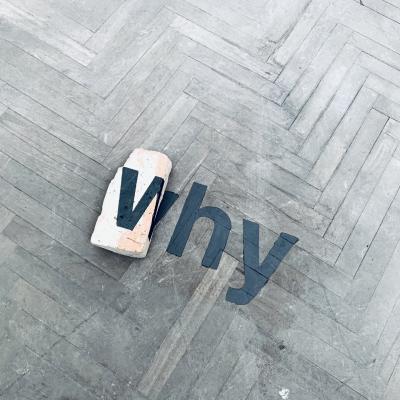
ANTONIS PITTAS / one brick at a time, 2021
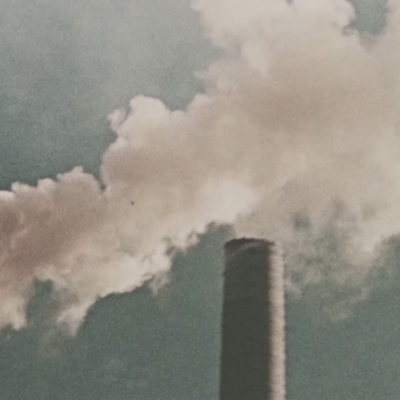
MAKO SAJKO / Poisons, 1964
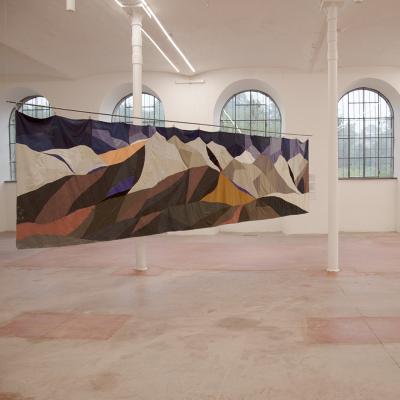
LAURA HARRINGTON / A Yarn
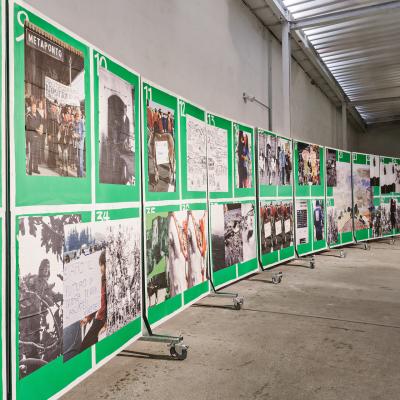
JAMES BRIDLE & NAVINE G. KHAN-DOSSOS / Hymn to Malandrina
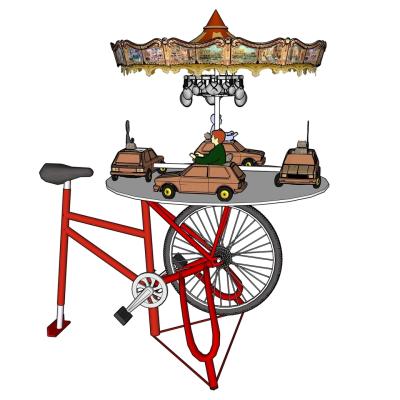
LUCIEN ANDERSON / A Million Tinkered Solutions, 2021
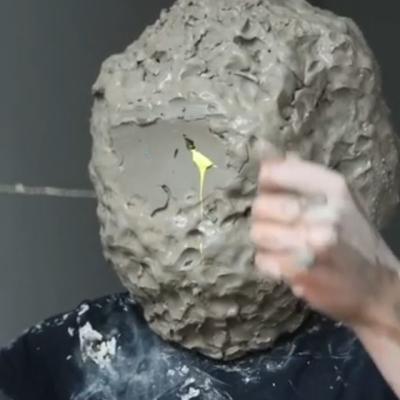
WILLIAM COBBING / WIll.Je.Suis to Will.Ik.Ben, 2020
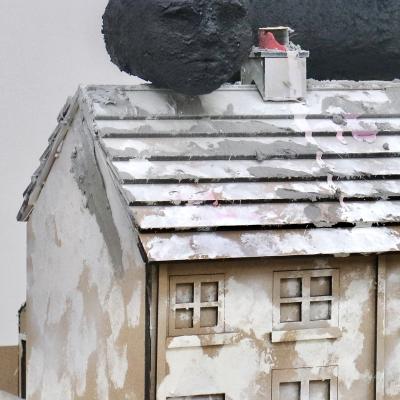
HARLEY KUYCK COHEN / Body Farm, 2021
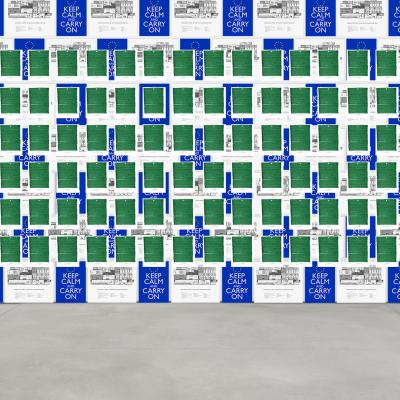
NINA SLEJKO BLOM & CONNY BLOM / The Green Drawings: I Pledge, 2021
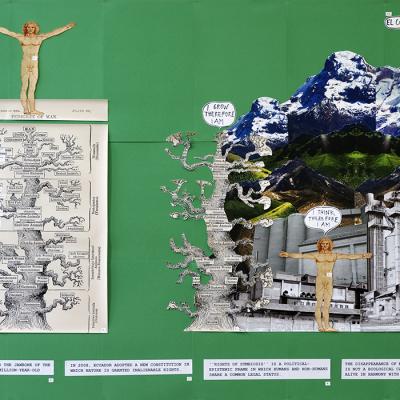
POLONCA LOVŠIN / We Miss the Forest for the Trees, 2021
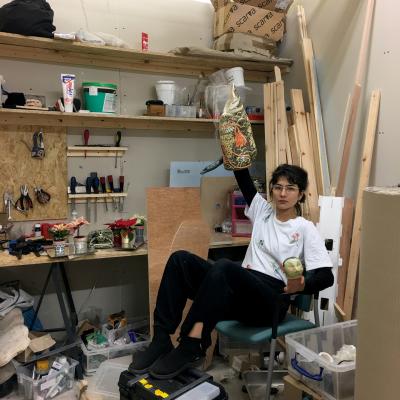
KARA CHIN / Closer Than We Think!, 2020
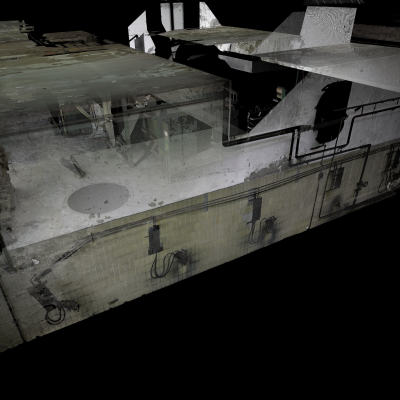
SCANLAB PROJECTS / Remote Relic: Observation 01 and 02, 2020
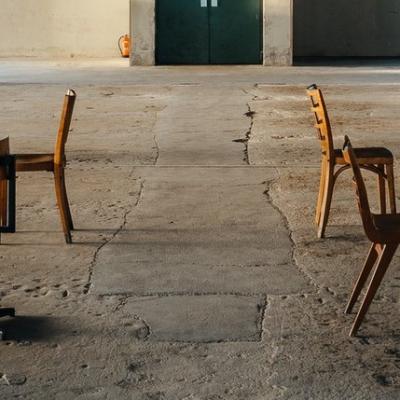
CHRIS WATSON / Hverir, Iceland, 2020
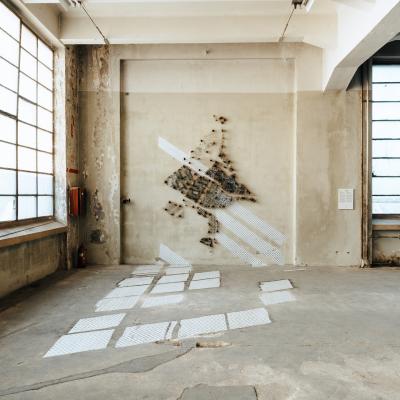
JANJA KOSI / Patchwork, 2020
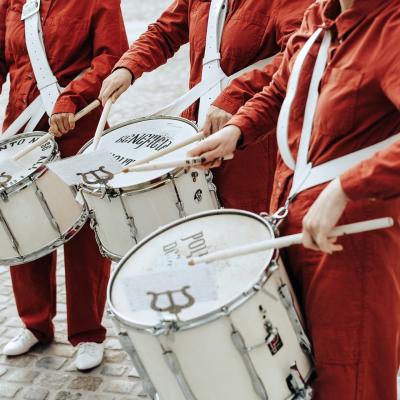
JASMINA CIBIC / Beneficial Demolitions, 2021
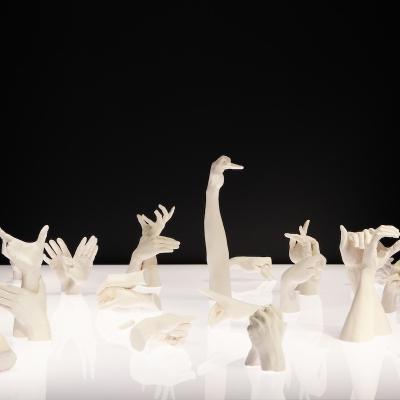
MARCUS COATES / Apology to the Great Auk, 2017
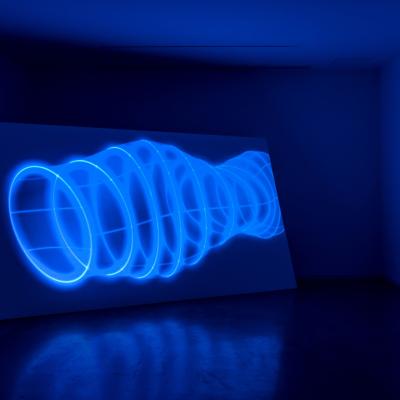
Emilija Škarnulytė / Sirenomelia, 2017
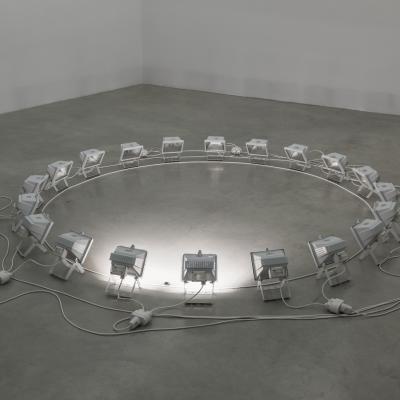
VADIM FIŠKIN / Light Chasers, 2016/2017
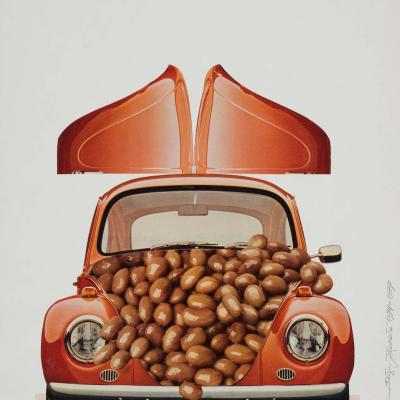
STANE JAGODIČ / Eco Design, 1986
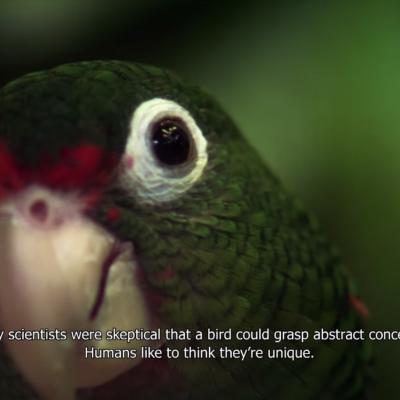
ALLORA & CALZADILLA / The Great Silence, 2014
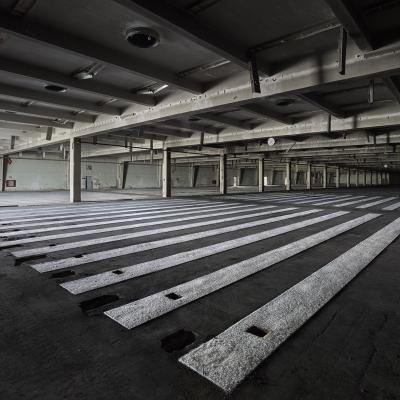
DANAE STRATOU / Memory Threads, 2020-2021
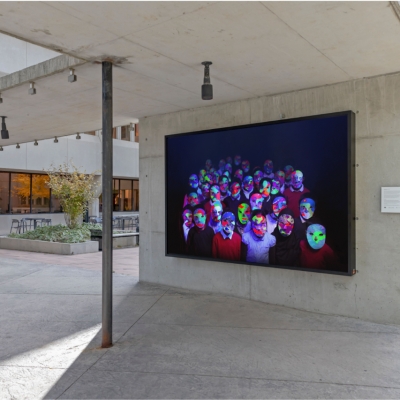
MIKHAIL KARIKIS / No Ordinary Protest, 2018
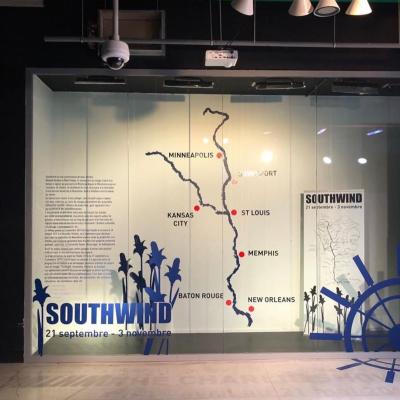
MAXIME BERTHOU & MARK POŽLEP / Southwind, 2019
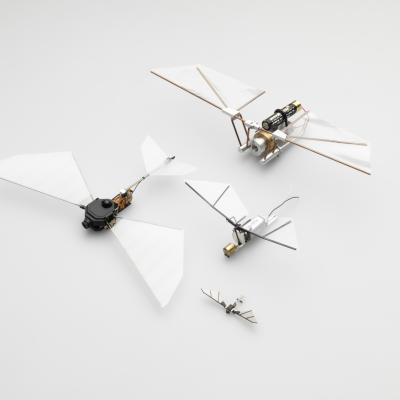
MARJETICA POTRČ / Nomads Inhabit Islands, Settlers Build Walls, 2016
